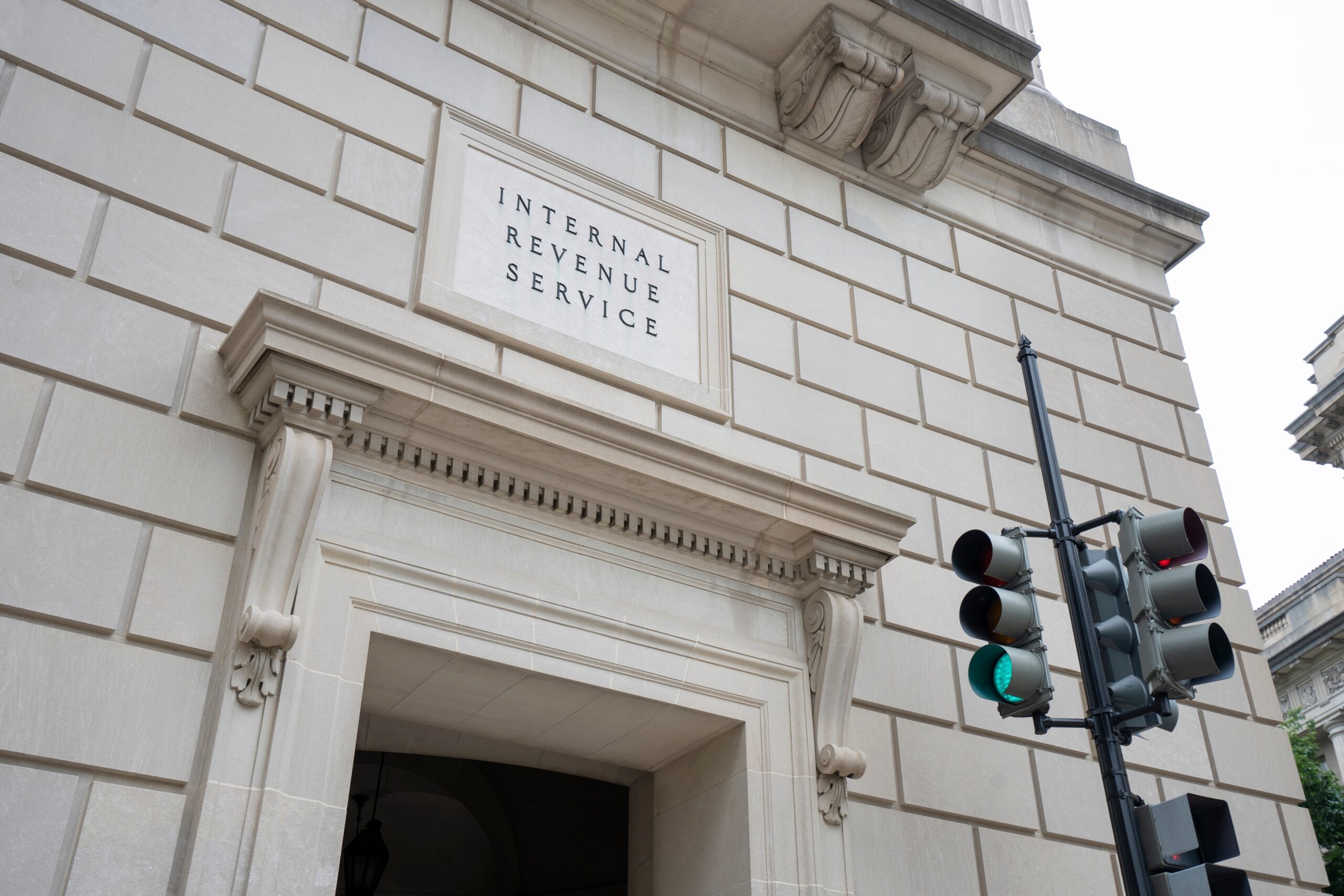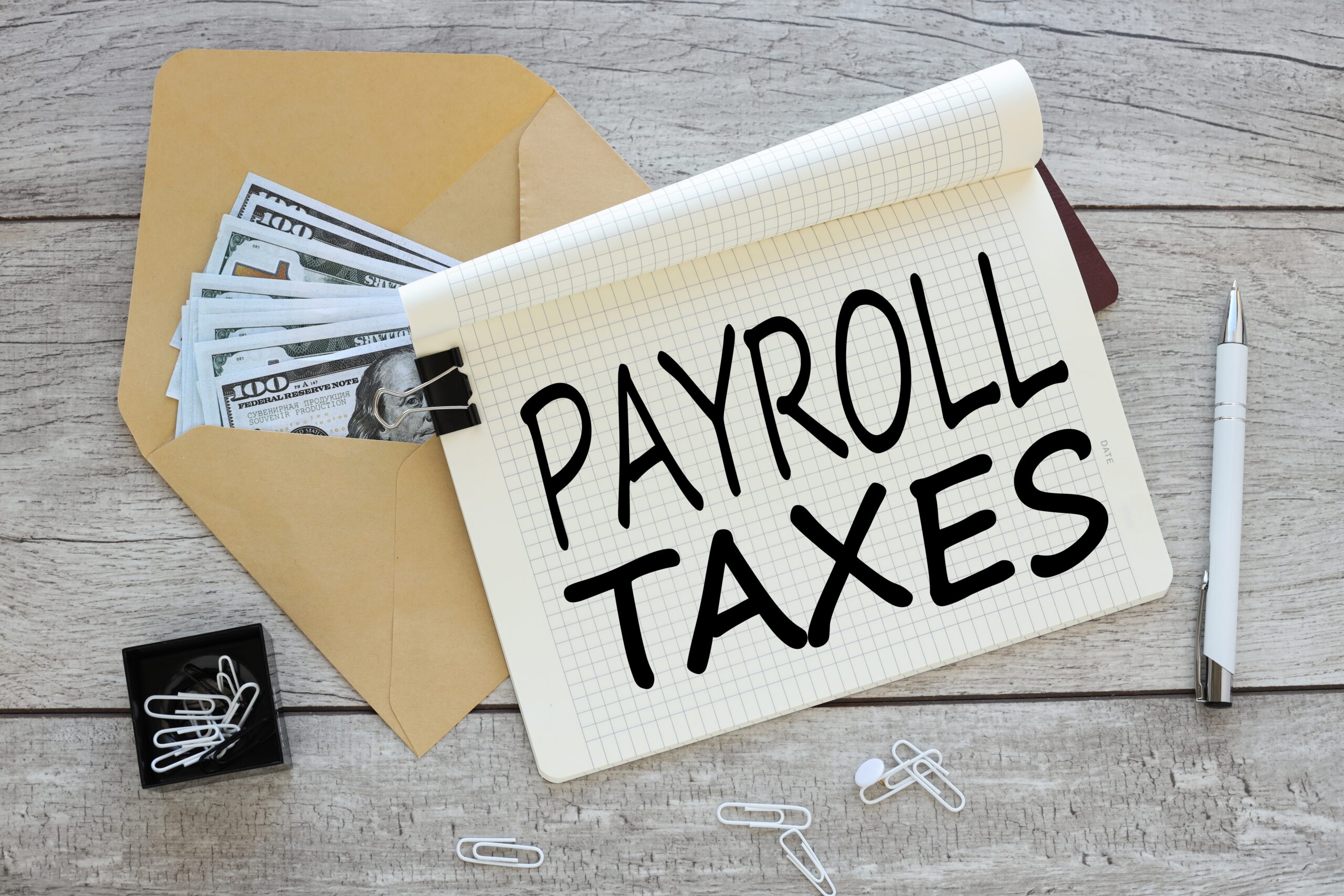If you’ve been dealing with tax debt for years, you may be closer to the finish line than you think. By law, the IRS generally has 10 years from the date your taxes are assessed to collect. This time frame is known as the Collection Statute Expiration Date (CSED).
When the 10-Year Clock Starts
The clock starts when the IRS officially records your tax liability — usually after you file your return, or when the IRS files one on your behalf. Once 10 years pass, the debt becomes legally uncollectible.
What Stops or Extends the Time Limit
Some actions temporarily pause the countdown, including:
Filing for bankruptcy
Submitting an Offer in Compromise
Living abroad
Requesting Innocent Spouse Relief
Having an open appeal or hearing
When those situations end, the clock resumes.
Why This Rule Matters
Understanding your CSED helps you and your tax professional decide the best strategy — whether that means negotiating a settlement or allowing the statute to expire.
At Rappaport Tax Relief, we review IRS transcripts, determine your true CSED dates, and help Connecticut taxpayers plan their path to financial freedom.
David Rappaport is an Enrolled Agent with over 25 years of experience in the field of taxation. He specializes in representing clients before all administrative branches of the IRS and State Taxing Authorities.



